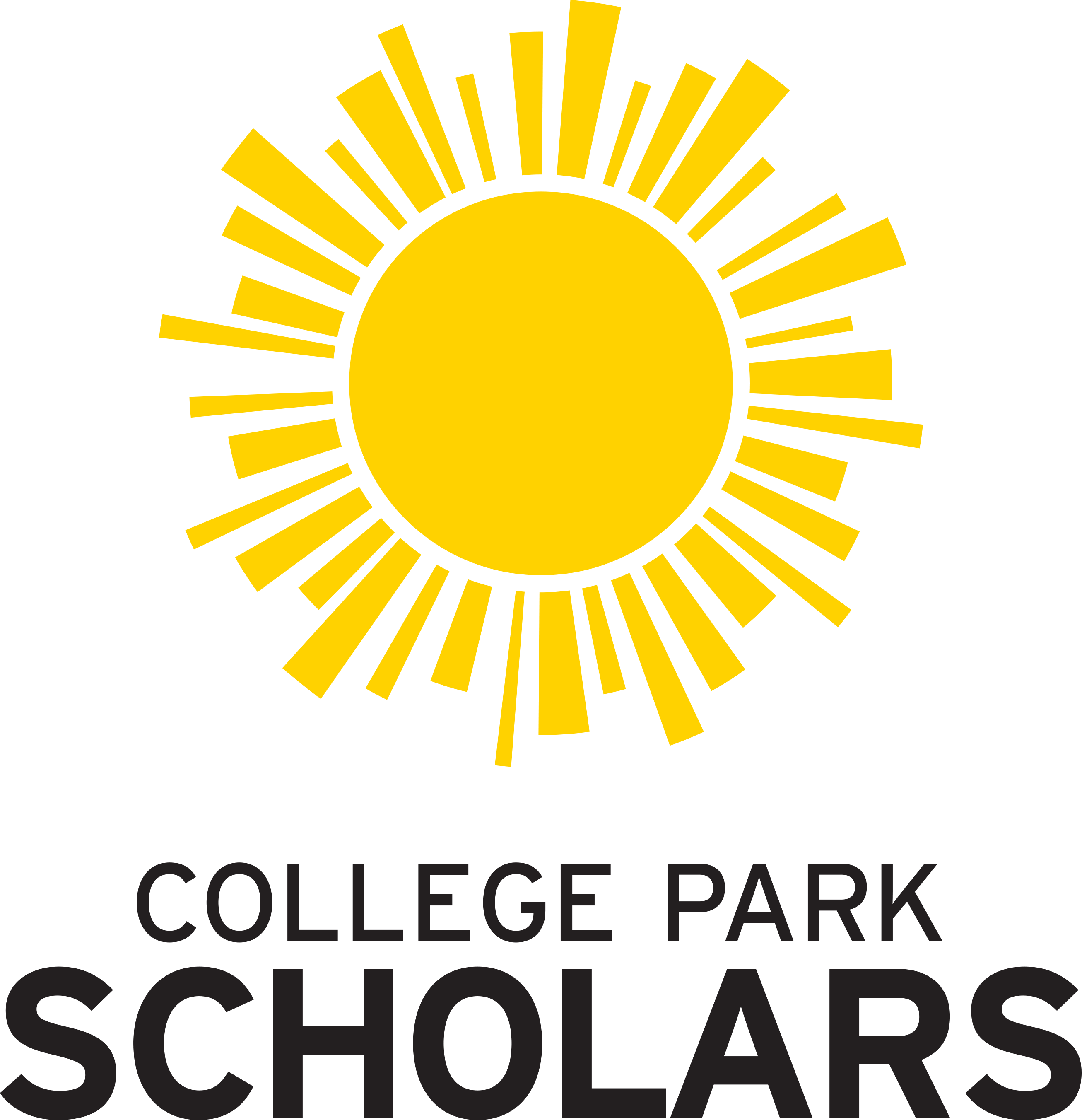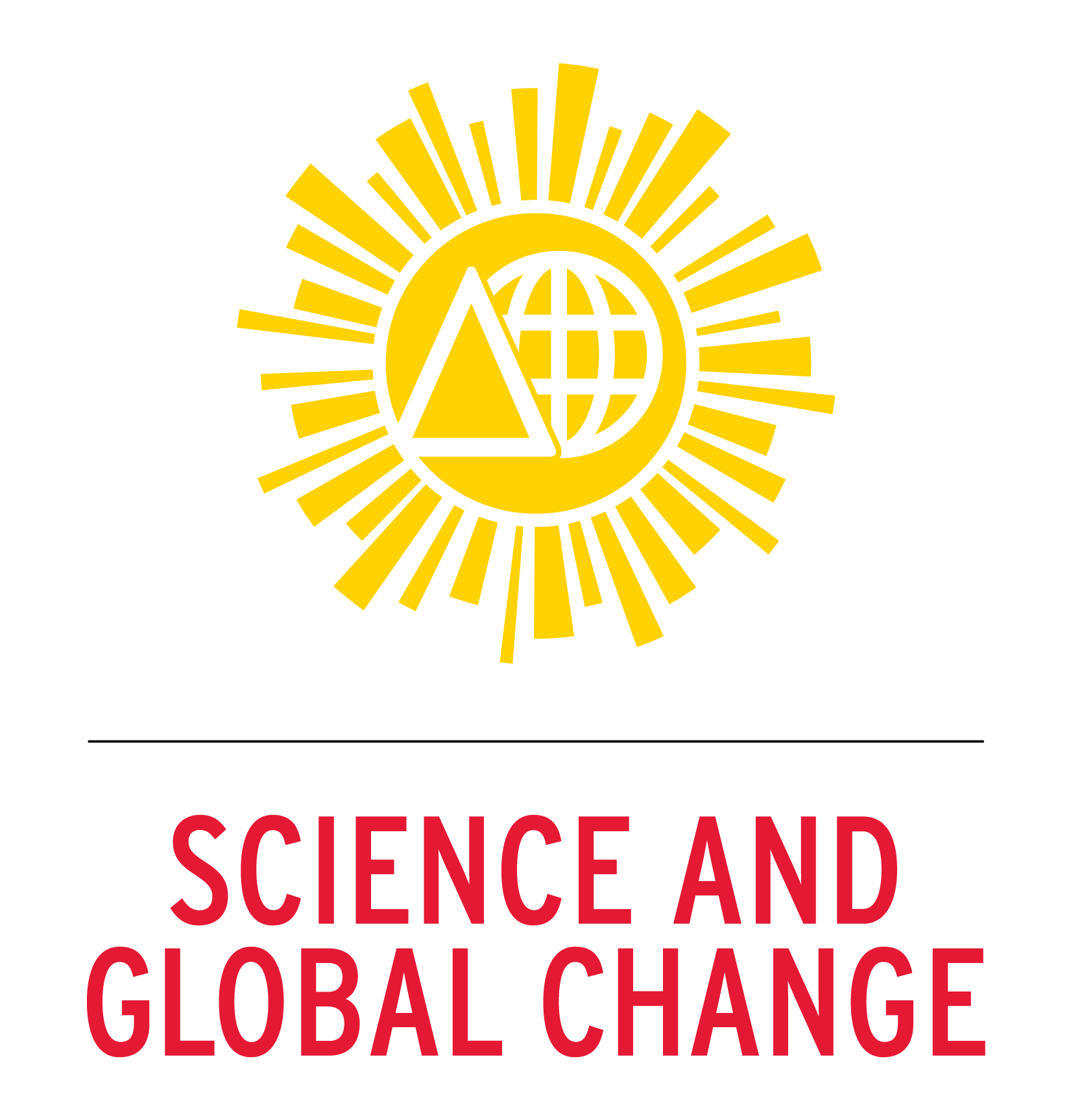Elizabeth Dorokhina's Practicum Reflection
I worked at Kenwood Animal Hospital over winter break of my freshman year (2023).
I was looking to try to find a vet to shadow both for my personal career interests and because it would fit the practicum. I called and emailed the veterinary clinics in my area and it took a long time to find someone that would take someone to shadow. I would absolutely recommend calling and emailing to see if clinics nearby are in need of help and also say that you shouldn’t be discouraged if it takes a while to find. This advice also stands for anyone trying to find a person to shadow in the medical field, because what often happens is that there will only be a few places that are able to take you, but you will likely be able to return for a longer period of time if that is what you are looking for. I would also give the advice that students should be prepared for the emotional component of working in healthcare. Not even patient will get better and that can be really difficult to see and observe. Although you do become somewhat desensitized to it, it is an important consideration as you think about what you want your daily life to look like during your practicum and your future.
I assisted with animal restraint, helped to sterilize the exam rooms, generally helped wherever I was needed and watched the doctors during their day-to-day. A big part of shadowing was paying attention and looking to where and how you could help because doctors and technicians don't usually have the time to tell you exactly what you can do to help in a situation. This goes to the advice component, too, but it working in a specific field like animal care is something you can't take a class to prepare for--you need hands on experience. So, it takes time to learn how you can even help in a situation.
I learned a lot about the application of theoretical knowledge in my experience. Like, for example, a chemical drug may theoretically do something to the brain or body, but in practice there are always exceptions and new ways that the body reacts, which I saw in the ways different animals reacted to medication. I also learned about the machines that monitor blood pressure, breathing and heart rate in animals. This was an especially interdisciplinary thing because machines require engineering, physics and math to function but their purpose is so focused on the life sciences. I also learned about anatomy and where certain veins are. Also, we discussed how pollen allergies and certain illnesses have increased as a result of global warming.
I gained a strong appreciation of the applications and connections of science and other parts of society because science allows for the creation of life saving medication and procedures that helped so many of the animals that came to the clinic. Science and society are especially intertwined in the health field because everyone needs to address their health in one way or another. I loved learning the behind the scenes part of healthcare and learning how doctors think. Honestly, watching surgeries especially brought about a strong appreciation for the practical connections between science and other parts of society, because even when I didn't understand exactly how everything worked, it was an incredible feat to witness. I also gained a lot of appreciation for the practical connections between science and other parts of society as we spoke to pet owners about the medical treatment their pet would receive. They are not typically scientists, but they were still touched by science and its effects on our day-to-day lives, which is more of an individual connection to science.
This modified my future plans at UMD because prior to the experience I was considering studying animal science and being pre-vet or pre-med, but after the experience I realized that even though it is incredibly interesting, the job is also emotionally taxing and difficult at times, which I realized wasn’t for me. However, I have so much respect for vets and doctors that help animals and people because it is such an immensely difficult job. I came into the experience feeling stuck between all of the different career options presented to me, and becoming a vet was a shot in the dark. I am very lucky to have taken it and learned what I did because the experience can easily be expanded to so many healthcare professions. It did also teach me that I prefer hands on actual healthcare work over research, and I prefer a career in law over both of those things.
This project affected my future career plans because it allowed me to actually see what being a vet would be like. I realized that I enjoyed other career paths more, but I am still immensely grateful to have had the opportunity to learn more about a field I don’t plan to pursue because that knowledge is still so valuable. For my career, I just had to work through exactly how I wanted to have a career that actually can help people and animals, because there are many ways to do that. And with experience in healthcare and the knowledge from SGC and the supporting courses, I will be able to be a better lawyer if I choose to pursue environmental justice or help people negatively affected by the healthcare system.


